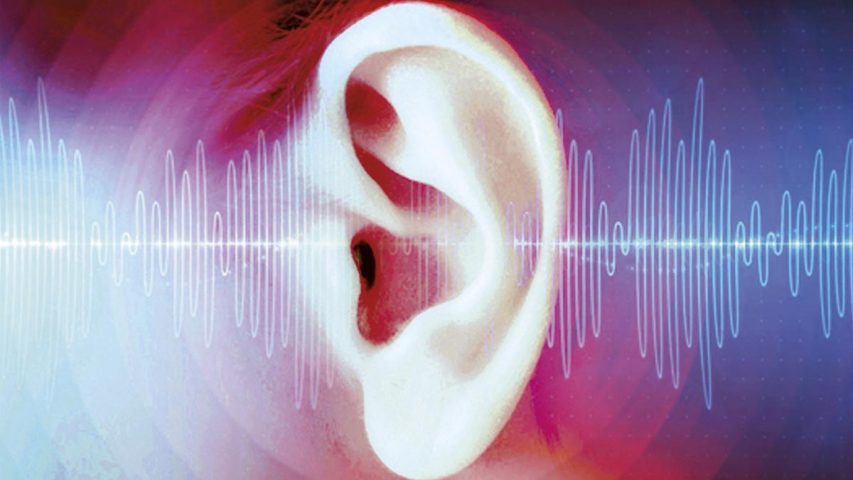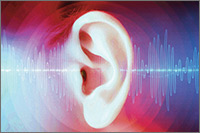- Have any questions? Contact us!
- info@dr-rath-foundation.org

Micronutrients May Reduce Risk in Hormone Replacement Therapy
October 4, 2017
The Role of Micronutrients in reducing Growth and Spread of Lymphoma
October 4, 2017Micronutrients may help in Tinnitus-induced Hearing Loss

 Tinnitus (“Tin-EYE-tus”) is a symptom characterized by an auditory perception of noise or ringing in the ears. However, patients may also describe it as hissing, pulsing, whooshing, clicking or similar sounds. It is estimated that over 100 million adults worldwide are affected by tinnitus. It can disturb their daily lives with hearing loss, long-term sleep disturbances, changes in cognitive ability, challenges in employability and relationships, and can cause depression. Whilst anyone can develop this problem, tinnitus-induced hearing loss is the number one service-related disability for veterans and is expected to cost the US government over $2.26 billion in compensation in 2014.
Tinnitus (“Tin-EYE-tus”) is a symptom characterized by an auditory perception of noise or ringing in the ears. However, patients may also describe it as hissing, pulsing, whooshing, clicking or similar sounds. It is estimated that over 100 million adults worldwide are affected by tinnitus. It can disturb their daily lives with hearing loss, long-term sleep disturbances, changes in cognitive ability, challenges in employability and relationships, and can cause depression. Whilst anyone can develop this problem, tinnitus-induced hearing loss is the number one service-related disability for veterans and is expected to cost the US government over $2.26 billion in compensation in 2014.
While the exact causes of tinnitus and consequent hearing loss are not clear, the most likely cause can be either a onetime or continuous exposure to loud noises which destroy the hair cells in the inner ear. Damaged hair cells are difficult to renew or replace. Tinnitus can also result from blockages in the ear canal from earwax or abnormal bone growth, anemia, high blood pressure or other blood vessel disorders, stress, head and neck injuries, or a benign tumor called acoustic neuroma. Over 200 medications including some antibiotics, painkillers, diuretics and chemotherapy drugs are known to cause hearing and balance problems as side effects. As the root cause of tinnitus is largely unknown, there is no effective treatment available for it within conventional medicine. Tinnitus-induced hearing loss is therefore mainly managed by hearing devices with less than satisfactory results.
Inflammation and oxidative damage to the cells lining the ear canal and the inner ear is one of the patho-mechanisms of tinnitus. As such, micronutrients such as vitamins C and E, glutathione, the B group of vitamins, Coenzyme Q-10, magnesium and others are known to protect various structures of the normal auditory apparatus.
We therefore conducted a pilot clinical trial to study the effect of a combination of micronutrients in patients suffering from tinnitus.* The patients were aged between 44 to 85 years old and had been suffering from tinnitus for more than three consecutive months. They all took a specifically designed micronutrient supplement. After four months on the micronutrient supplement program, 30% of the patients reported slight improvement in their hearing and 45% reported a clear improvement of 10-20 decibels. Twenty-five percent of the patients indicated a strong hearing improvement of up to 25- 50 decibels, and a return of their normal hearing ability. More than 75% of the patients experienced some reduction in the ear ringing and for half of the patients the ear ringing almost completely disappeared.
Exposure to loud or continuous noise is a very common phenomenon in our modern society and most people are unaware of the long-term hearing implications. In addition to protecting the ears by avoiding noise exposure, wearing earplugs, and limiting the use of ear damaging medications, our studies show that supplementation with the appropriate micronutrients may provide relief to millions of people from tinnitusinduced hearing loss.
Ref:
* Cellular Health Communication, Vol 1, No. 1, 2001



